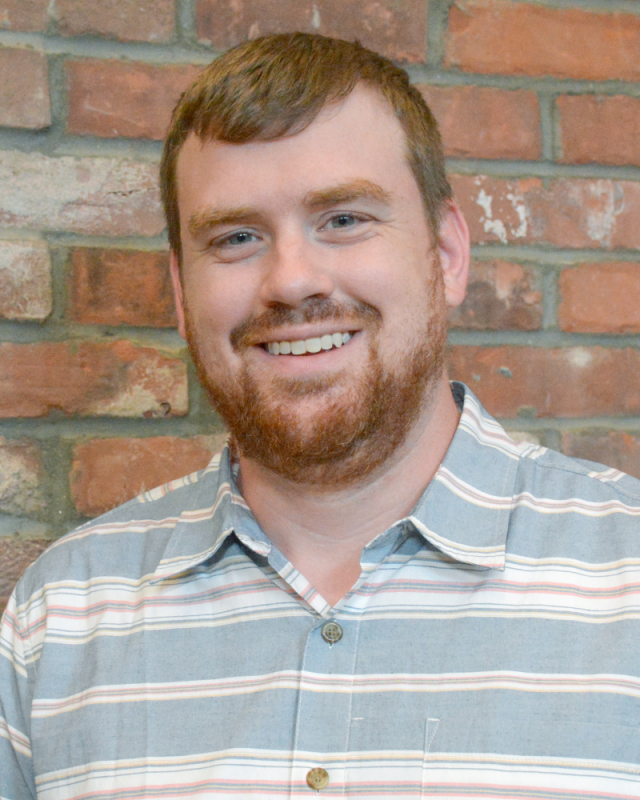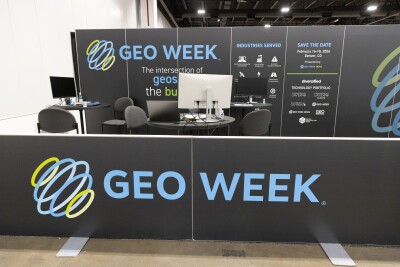Every week, we highlight stories from friends around the internet that put a spotlight on the latest from within the geospatial, advanced visualization, and AEC industries. These stories can take many different forms, whether they be about a new innovation or workflow, an interesting and/or unique use case for technology, or a higher-level look at the state of the sector. Today, we look at a story coming out of Geo Week 2025, how geospatial professionals can support a some of the globe’s biggest sustainability challenges, and the ways point clouds are starting to transform work in the AEC sector.
Find links to the full articles below.
How 1,500+ Matterport Scans are Used by DFW International Airport
Dan Smigrod | We Get Around Network
We start with a podcast episode rather than a traditional article, though there is a transcript available to those who can’t or would prefer not to listen to the content. Speaking of which, the content covers a lot relating to our recent Geo Week conference, held earlier this month. Smigrod talks about some of his impressions from the event, focusing largely on sessions relating to the DFW Airport. He and his cohost, Eric Marquette, talk about how many technologies, including over 1,500 Matterport scans, have worked to enhance operations of the massive airport.
How to transform climate action
James Norris | GIM International
There is always talk throughout the geospatial industry about how various tools and workflows within the sector can help alleviate some of the climate-related concerns around the world. To be fair, much of that talk is undeniably true. However, as this article from Norris points out, it can’t just be about the technology. If geospatial professionals do want to make this positive impact on the planet, a lot of the work has to come down to collaboration – both with others in the industry and, crucially, those outside of it.
How point clouds are transforming the AEC industry
Engineers Ireland
The AEC industry is continuing to further embrace traditional geospatial technologies like lidar, but it’s not something that happens overnight. Plenty of engineering firms are already up-to-date with much of the landscape, but plenty still need more information, and this article is for the latter camp. The article looks at point clouds and outlines many of the ways engineering firms are already getting value from these scans, and best practices for utilizing them.






